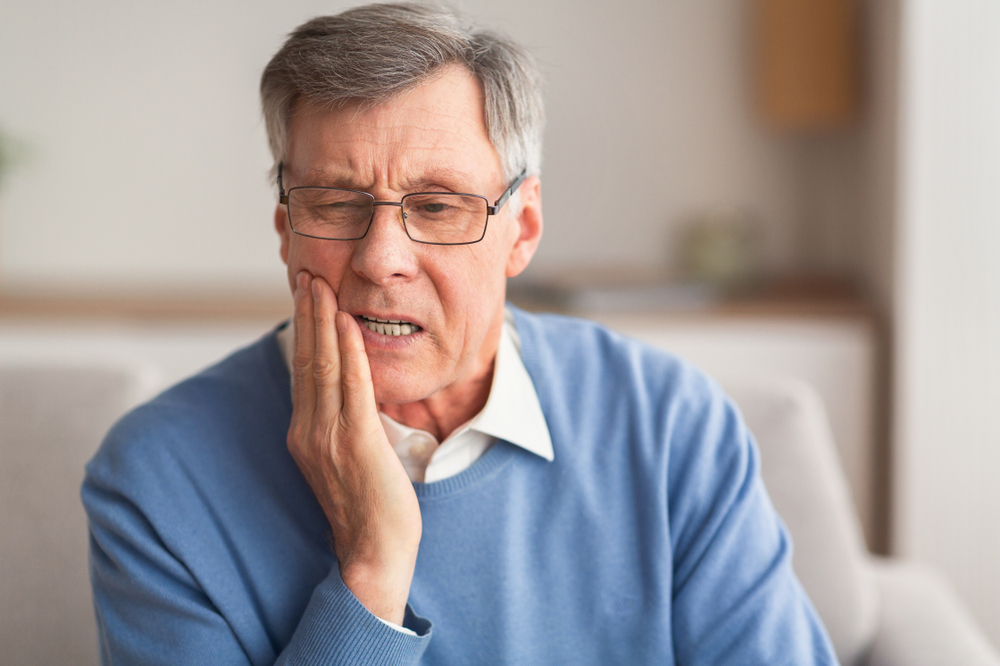
Are you often waking up with a sore jaw? Do you find yourself clenching your teeth throughout the day? You might be suffering from teeth grinding, otherwise known as bruxism, which is a common condition that affects both children and adults.
Understanding the Causes of Teeth Grinding
Determining the exact cause of teeth grinding can be challenging, as it often results from a combination of physical, psychological, and genetic factors. However, some common triggers include stress, anxiety, abnormal bite, missing or crooked teeth, and sleep disorders such as sleep apnea.
Stress and anxiety are among the most significant contributors to teeth grinding. During periods of emotional or psychological distress, you might unconsciously clench your jaw or grind your teeth, especially while sleeping.
Similarly, abnormal bite and missing or crooked teeth can lead to teeth grinding. If your upper and lower teeth don't fit together properly, you may grind or clench your teeth to compensate for this misalignment. Sleep disorders, too, can prompt teeth grinding. For instance, during sleep apnea episodes, you may grind your teeth as you transition between stages of sleep.
The Effects of Teeth Grinding on Oral Health
Teeth grinding might seem harmless, but it can lead to several oral health issues over time. The most obvious is tooth damage. The constant grinding wears down the tooth enamel, exposing the sensitive inner layers of your teeth. This can lead to sensitivity, cavities, and in severe cases, tooth loss.
Beyond tooth damage, teeth grinding can also lead to jaw disorders. The excessive pressure and strain on your jaw muscles can cause temporomandibular joint disorders (TMJ), a condition that leads to pain and restricted movement in your jaw.
Teeth grinding can also ead to headaches and earaches. The constant tension in your jaw muscles can trigger these aches, causing discomfort throughout your day.
Treatment Options for Teeth Grinding
There are several treatment options available for teeth grinding, depending on the severity of your condition and the underlying causes. The most common treatment is the use of a mouth guard or splint, which creates a physical barrier between your upper and lower teeth to prevent grinding during sleep.
Another treatment option is stress management. If stress or anxiety is causing your teeth grinding, learning relaxation techniques or seeking therapy can help reduce your symptoms.
In some cases, dental correction may be necessary. If your teeth grinding is caused by an abnormal bite or missing or crooked teeth, your dentist may recommend braces, dental restoration, or even oral surgery to correct the issue.
Finally, if your teeth grinding is linked to a sleep disorder like sleep apnea, treating the underlying sleep disorder can often alleviate your bruxism symptoms.
Conclusion
Teeth grinding might seem like a minor nuisance, but if left untreated, it can lead to serious oral health problems. By understanding the causes and effects of teeth grinding, recognizing the signs, and exploring treatment options, you can protect your oral health and improve your overall well-being.
If you suspect that you're suffering from teeth grinding, visit Glacier Dental in our Anchorage, Alaska, offices. We will provide a proper diagnosis and guide you towards the most effective treatment options. Call (907) 222-6000 to schedule an appointment today.








